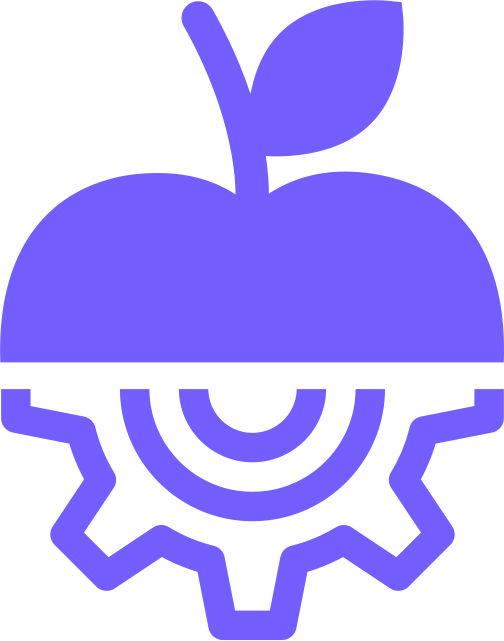Affiliation
a Mendeleev University of Chemical Technology of Russia
Copyright ©Konstantinovskaya et al. This is an open access article distributed under the terms of the Creative Commons Attribution 4.0. (
http://creativecommons.org/licenses/by/4.0/), allowing third parties to copy and redistribute the material in any medium or format and to remix, transform, and build upon the material for any purpose, even commercially, provided the original work is properly cited and states its license.
Abstract
The protein deficiency primarily in human and animal nutrition is an acute problem all over the world. In this article we consider the process of obtaining collagen hydrolysates of protein-containing broth from bone meal production using enzymatic agents: trypsin, chymotrypsin, pancreatin, papain, protosubtilin, Protex 51FP, Protex 40E, Protex 6L, Protex 7L. It was shown that the most effective enzyme preparations are trypsin, pancreatin and Protex 40 E. They provide yield more than 10.5 g / l of low molecular weight fraction. Optimal modes of hydrolysis by pancreatin and Protex 40E selected. We established that the sequential hydrolysis by pancreatin and Protex 40E increases the yield of low molecular weight fraction from 55% to 80%. It was found that purification of the protein hydrolyzate from toxic impurities should be carried out by ultrafiltration on a membrane 20 kDa. The degree of purification of unhydrolyzed protein fraction was 30%, and from suspended impurities - 97%, and the loss of components of the hydrolyzate did not exceed 10% and the permeate had no toxicity. The process of obtaining the dry form of the protein hydrolyzate was investigated. It was established that the spray-drying at an air temperature 160 ° C, feed rate 30% and the slurry flow rate 90% of the drying agent does not affect the quality of the hydrolyzate, does not lead to degradation of peptides and amino acids, in particular, hydroxyproline, does not lead to formation of toxic impurities does not reduce the nitrogen solubility (NSI). Obtained hydrolyzate is not inferior to the famous industrial designs, thus its cost is significantly lower.
Keywords
Enzymatic hydrolysis,
bone meal,
collagen hydrolysates,
hydroxyproline,
pancreatin
REFERENCES
- Li, Fan. Amino acid composition and functional properties of collagen polypeptide from Yak (Bos grunniens) bone / Fan Li, Dongying Jia, Kai Yao // LWT - Food Science and Technology. - 2009. - Vol. 42. - P. 945-949.
- Pat. 2409216, Rossiyskaya Federaciya. Sposob polucheniya funkcional'nogo kollagenovogo gidrolizata / Antipova L.V., Storublevcev S.- 2011.
- Pat. 2160538, Rossiyskaya Federaciya. Sposob polucheniya belkovogo gidrolizata iz myasnogo i myasokostnogo syr'ya / Baer N.A., Niklyudov A.D. - 2000.
- Rogov, I.A.Tehnologiya myasa i myasnyh produktov. Kn. 1. Obschaya tehnologiya myasa / I.A. Rogov, A.G.Zabashta, G.P. Kazyulin. - M.: KolosS, 2009. - S. 422-423.
- High-throughput quantification of hydroxyproline for determination of collagen / Kathleen Hofman , Bronwyn Hall, Helen Cleaver, Susan Marshall // Analytical Biochemistry. - 2011. - Vol. 417. - P. 289-291.
- GOST R 28178-85. Drozhzhi kormovye. Metody ispytaniy. - M.: Izd-vo Standartinform, 2007. - 41 s.
- Methods of testing protein functionality / edited by G.M. Hall // Blackie academic & Professional, an imprint of Chapman & Hall, 1996 - P. 26.
- Krasnoshtanova, A.A. Razrabotka nauchnyh osnov tehnologii polucheniya fermentativnyh gidrolizatov biopolimerov na osnove othodov pischevoy i mikrobiologicheskoy promyshlennosti: dis.. d-ra him. nauk: 03.00.23 / Krasnoshtanova A.A.; Ros. him.-tehnol. un-t im. D.I. Mendeleeva. - M., 2009.

